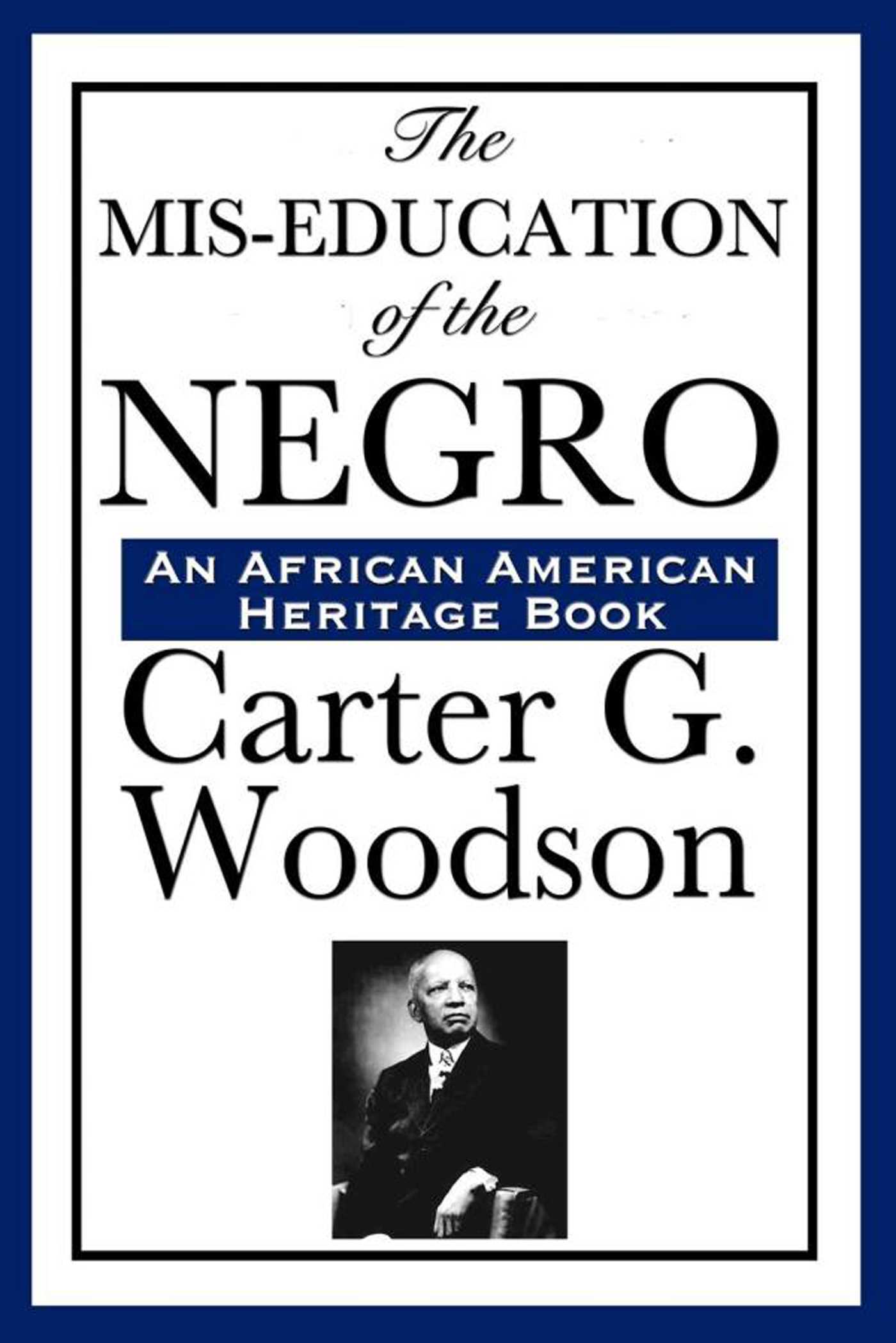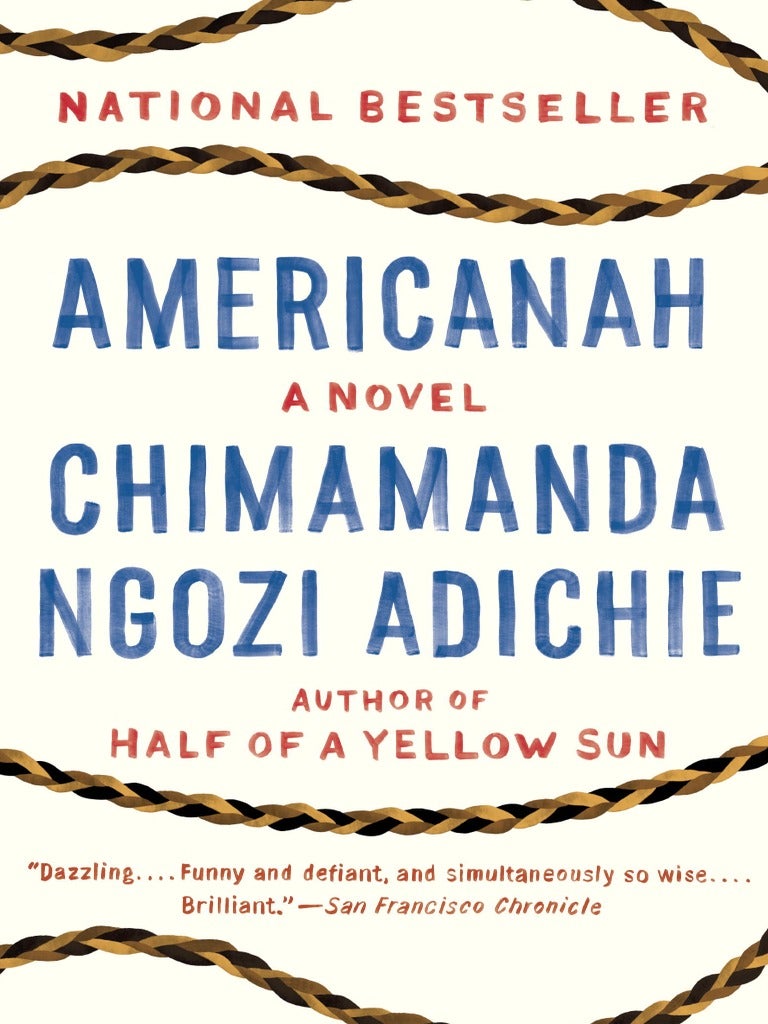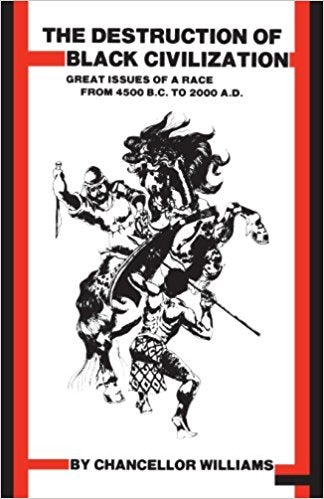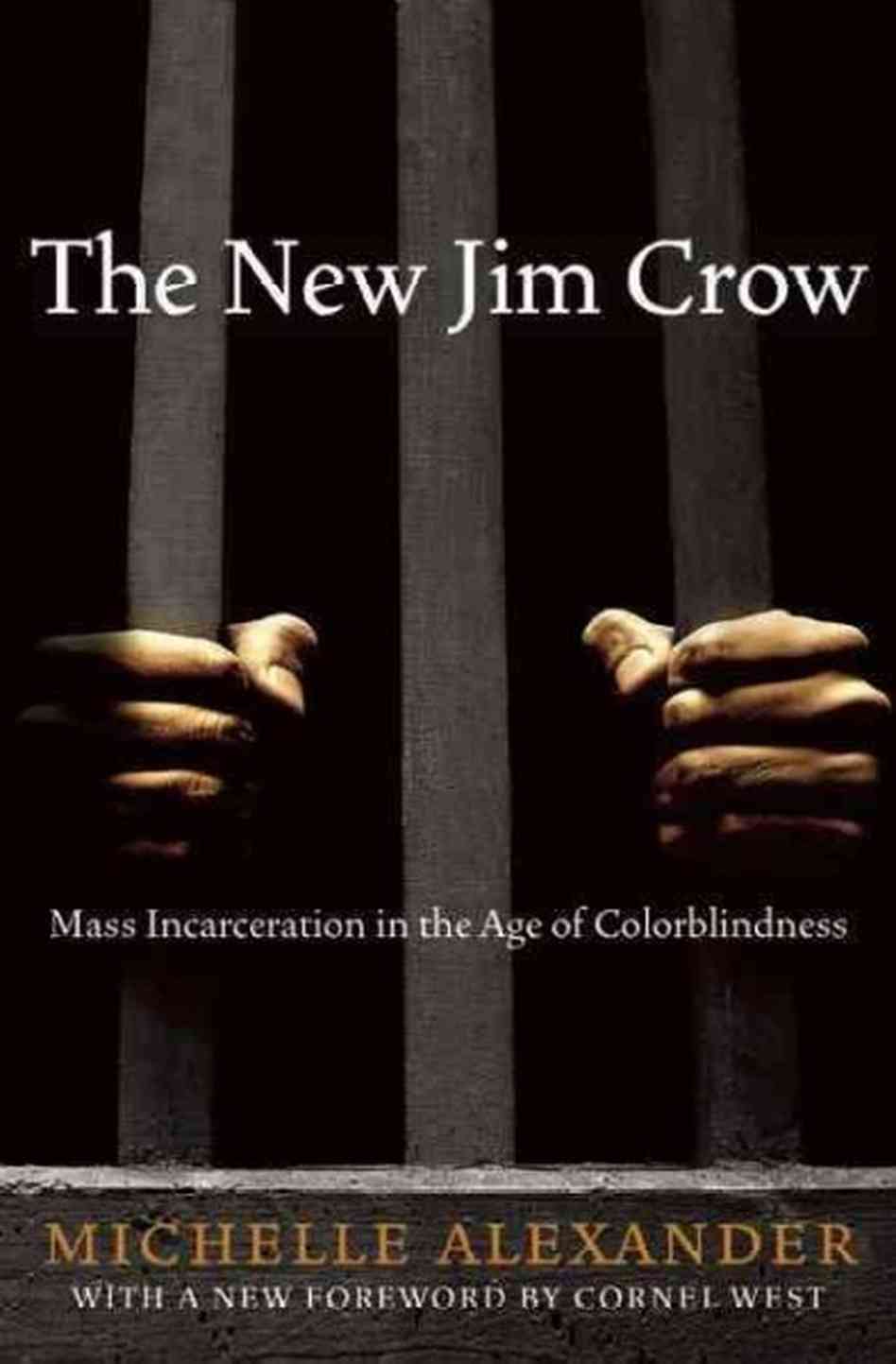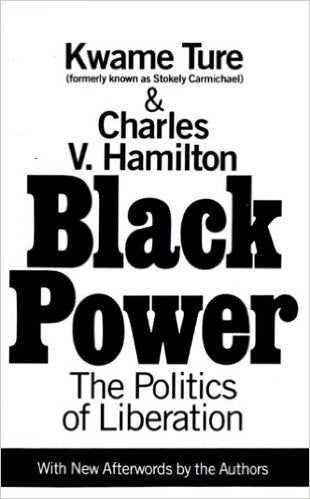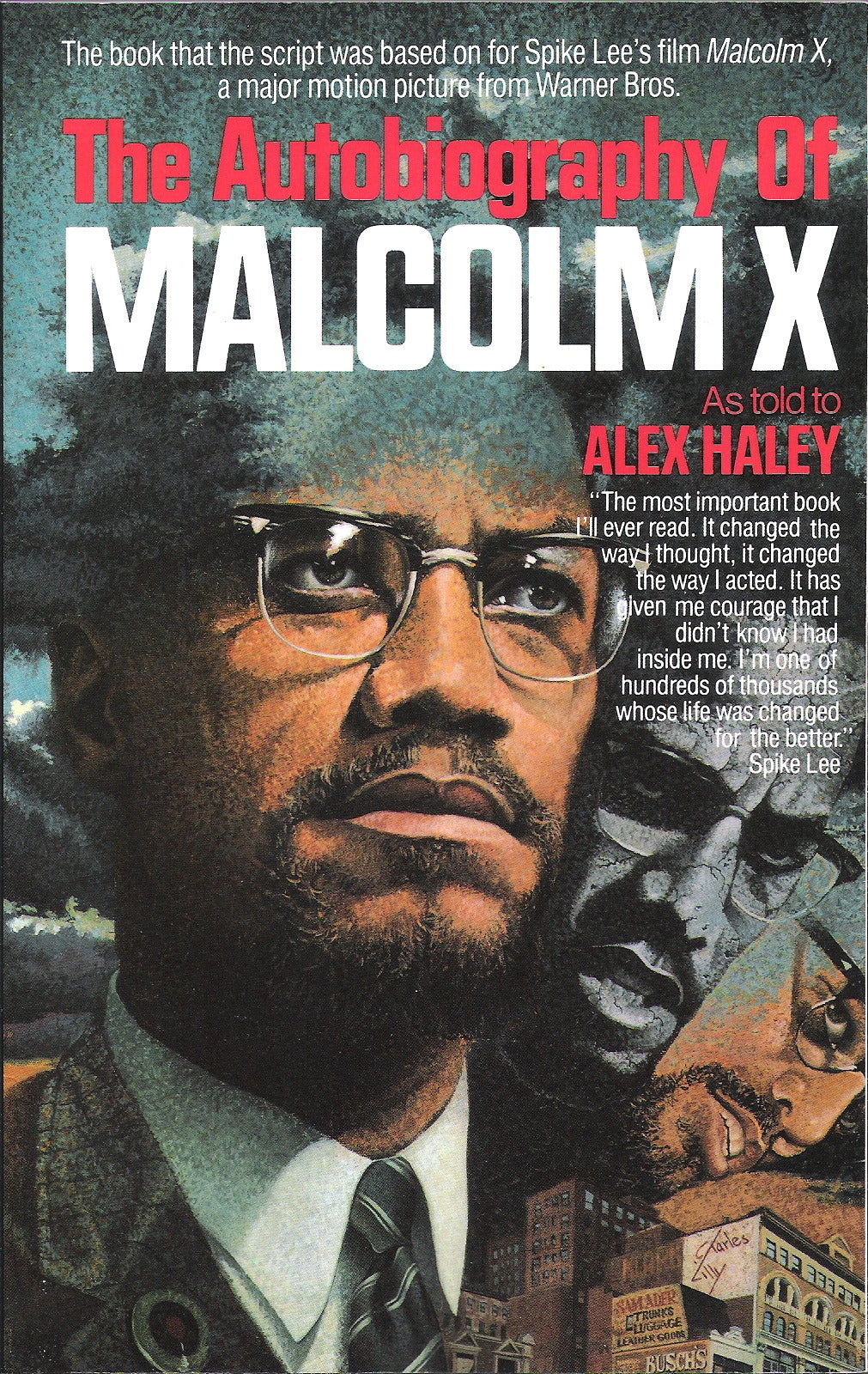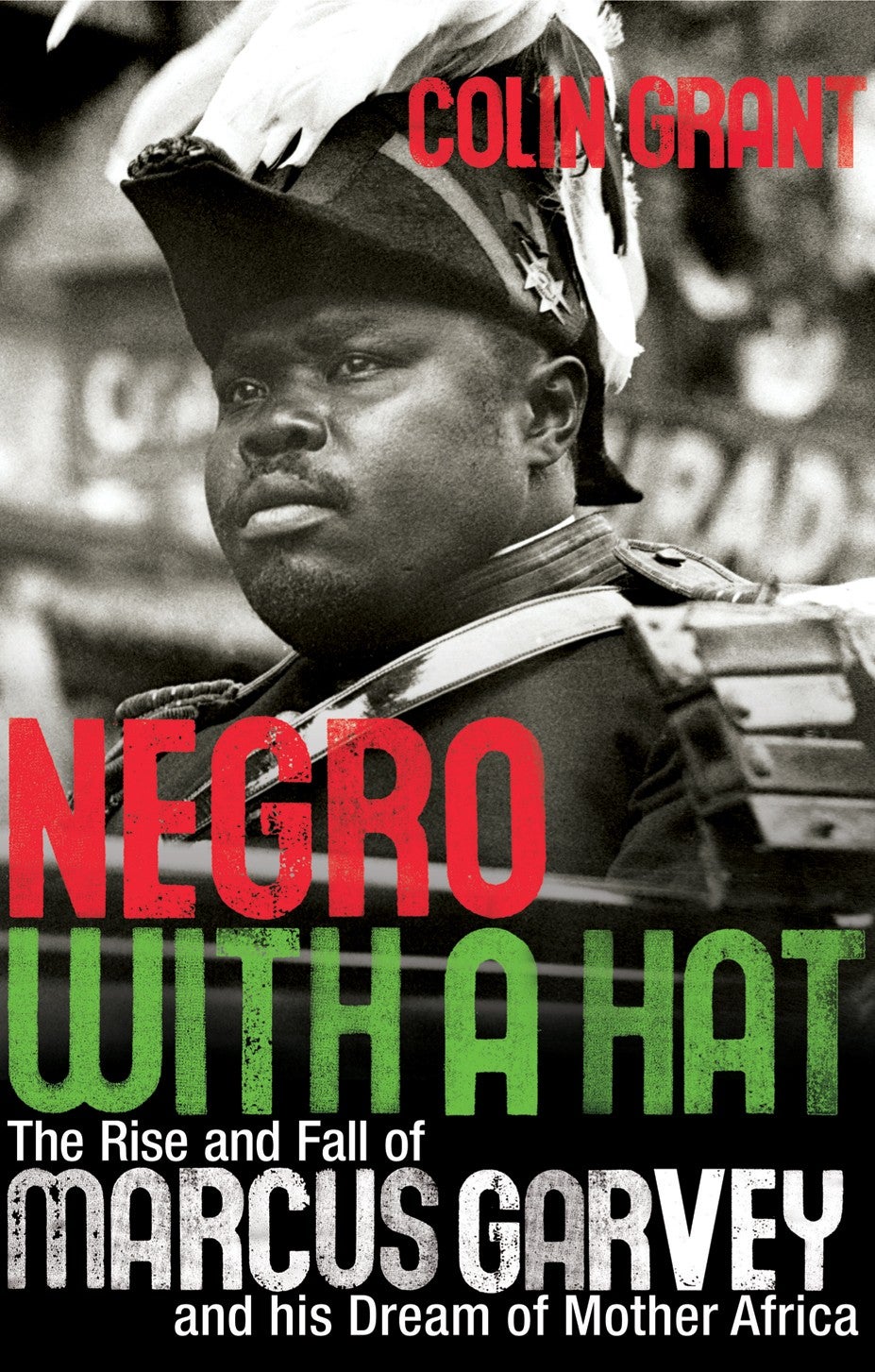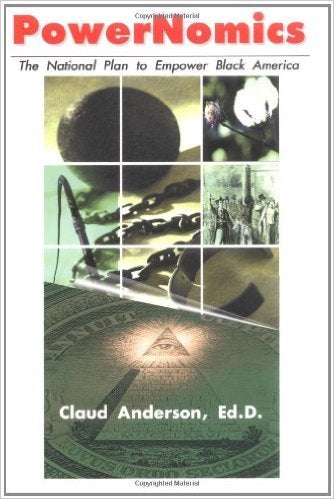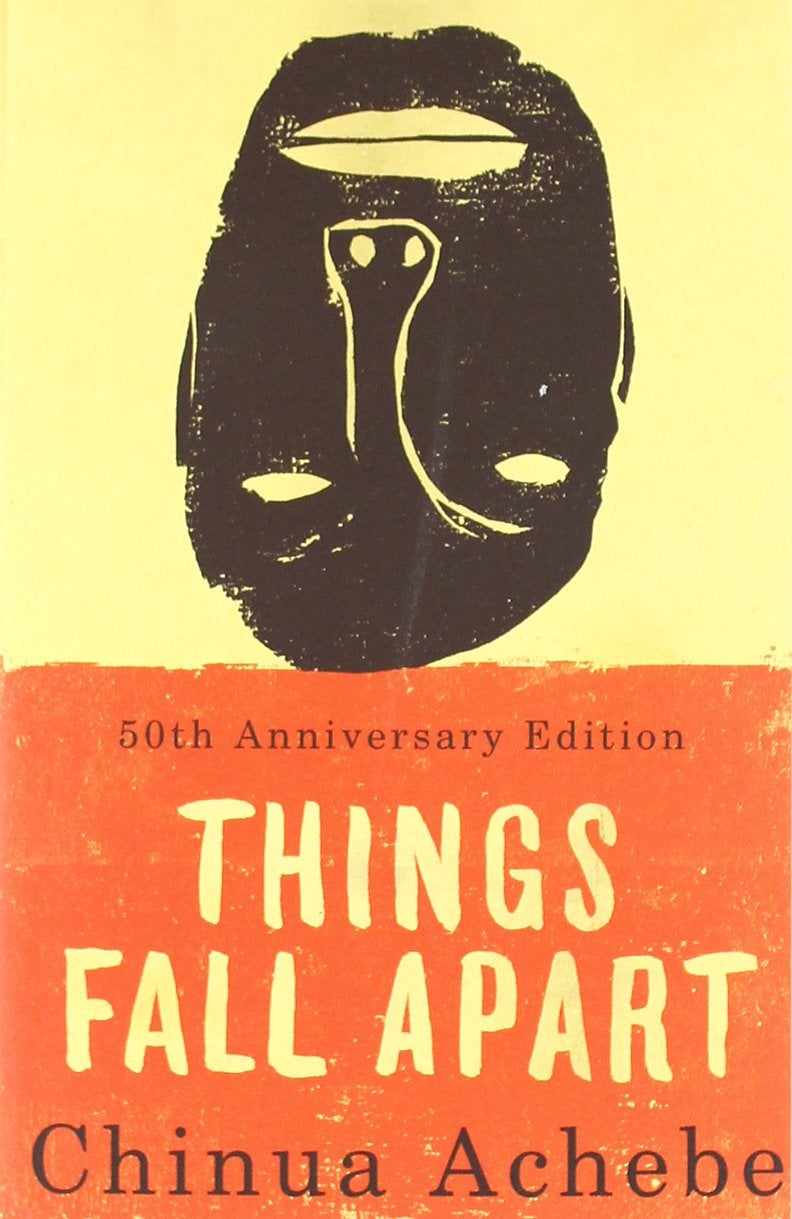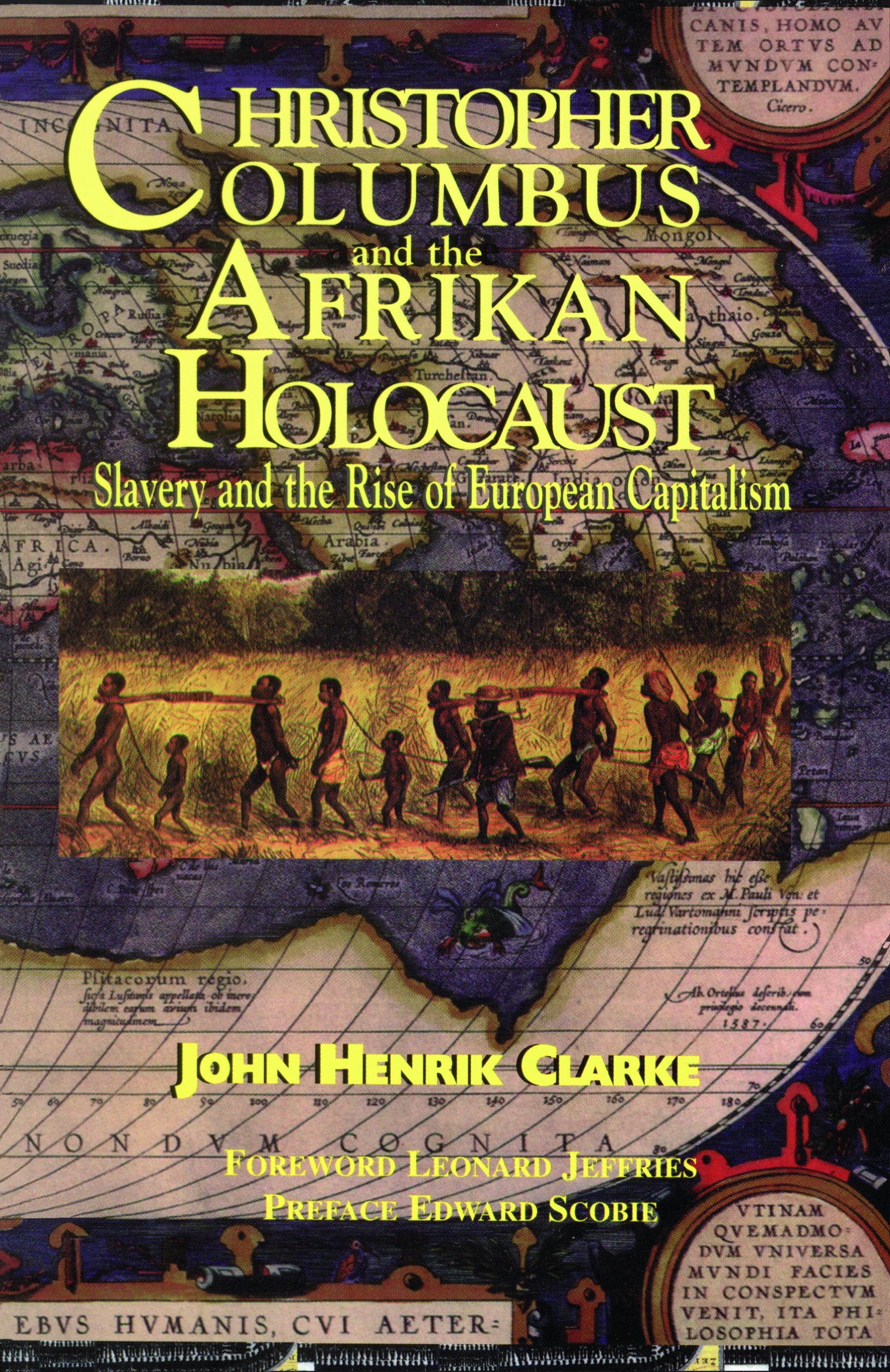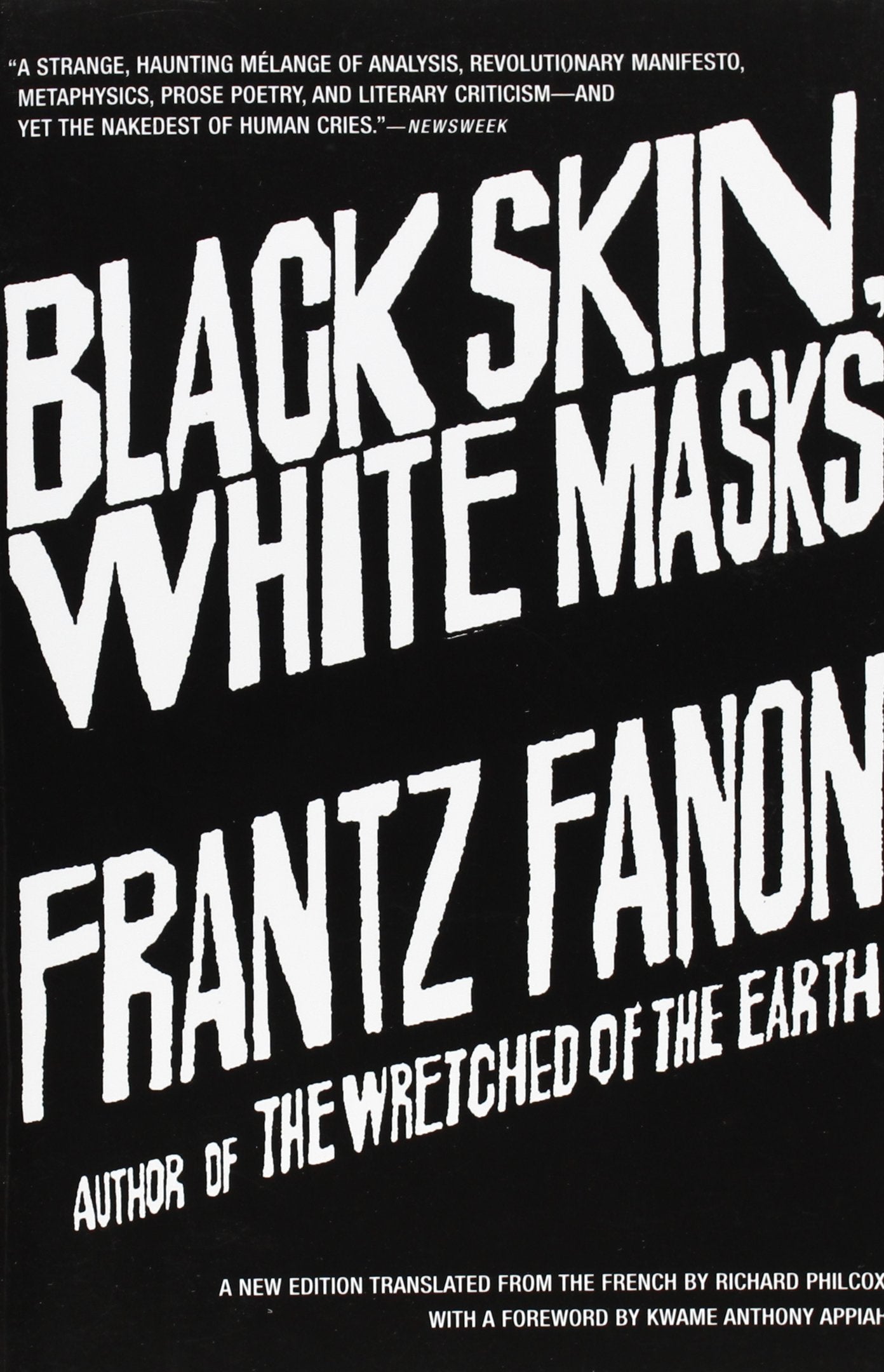Whether you’re a Black American or from a country in Africa, pan-Africanism seeks to unite all people of African descent who often have common interests with the ultimate goal of making economic, social and political progress. If you’re looking for a book to reflect on the pan-African experience this summer, look no further than this list of our top picks to bookmark.
In 1993, Dr. Carter G. Woodson wrote The Mis-Education of the Negro, which was a reference that Blacks were being culturally conditioned in American schools, which caused many to become dependent. Dr. Woodson challenged readers to become self-taught and independent, which is why this book is a must-read to reflect on the pan-African experience.
Many of us were introduced to Nigerian writer Chimamanda Ngozi Adichie when an excerpt from her TED Talk “We Should All Be Feminists” was sampled on Beyoncé’s song, “***Flawless.” In Adichie’s bestselling book Americanah, she explores race and identity in a fictional love story where the Nigerian female character heads to America and is forced to deal with being Black for the first time.
Author Chancellor Williams spent over a decade and a half doing research for The Destruction of Black Civilization. Williams wrote the book as a reinterpretation of the history of the African race, and to highlight elements that led to the destruction of Black civilization. Released in 1992, the book was inspired by the Black revolution of the 1970s.
Despite the progress made by Blacks since the Civil Rights movement, Michelle Alexander’s book The New Jim Crow explores the rebirth of a new caste system a.k.a. mass incarceration in America, and how the U.S. criminal justice system is a new system of racial control. This New York Times bestseller will open your eyes like never before.
Originally published in 1967, Kwame Ture, formerly known as Stokely Carmicheal who was a self-described pan-Africanist who coined the phrase “Black Power”, wrote Black Power along with Charles V. Hamilton. This book explores systemic racism in America, and how Black unity can bring about social change and reform.
Between 1963 and right before Malcolm X’s assassination in 1965, journalist Alex Haley did numerous in-depth interviews with the human rights activist, which led to him co-authoring The Autobiography of Malcolm X. This autobiography explores Malcolm X’s life and his philosophy on Black pride and pan-Africanism as well as the African American struggle for social and economic equality.
Colin Grant explored Black activist Marcus Garvey’s life in the biography Negro with a Hat. The Jamaica-born Garvey, who led the 1920s Back to Africa movement, moved to Harlem where he developed a following. Despite Garvey’s eventual downfall, Grant shares Garvey’s revolutionary thinking that can certainly inspire many.
With his 2001 book PowerNomics, Dr. Claud Anderson had a mission in mind: to encourage Black America to become a prosperous and empowered group in five years. By offering new principles and strategies for Blacks to become self-sufficient, Dr. Anderson sought to eliminate history’s effect on issues in the Black community.
In 1958, Nigerian author Chinua Achebe wrote Things Fall Apart, a fictional novel that explores an Igbo leader during pre and post-colonial life in Nigeria. The book, which is widely read in schools throughout Africa, should definitely be added to your reading list.
Amos N. Wilson’s Blueprint for Black Power discusses how White and Asian power is king, and how if Blacks began supporting solely Black businesses, they could deconstruct the elite U.S. power structure. This book serves as a master plan for a Black power revolution in the 21st century.
Dr. John Henrik Clarke penned Christopher Columbus and the Afrikan Holocaust to explore the true story of African history that’s often falsified and compares the Middle Passage to the Holocaust. Dr Clarke wrote, “It is our holocaust because this is a holocaust that started 500 years ago and it is not over.”
In 1952, French psychiatrist Frantz Fanon wrote Black Skin, White Masks, which initially remained obscure. In the book, Fanon explored the psychology of racism. He also used psychoanalysis to explain the feelings of dependency that Blacks experience in a White world, and how losing one’s native cultural origin can cause one to wear the “white mask,” or imitate the culture of the colonizer.
